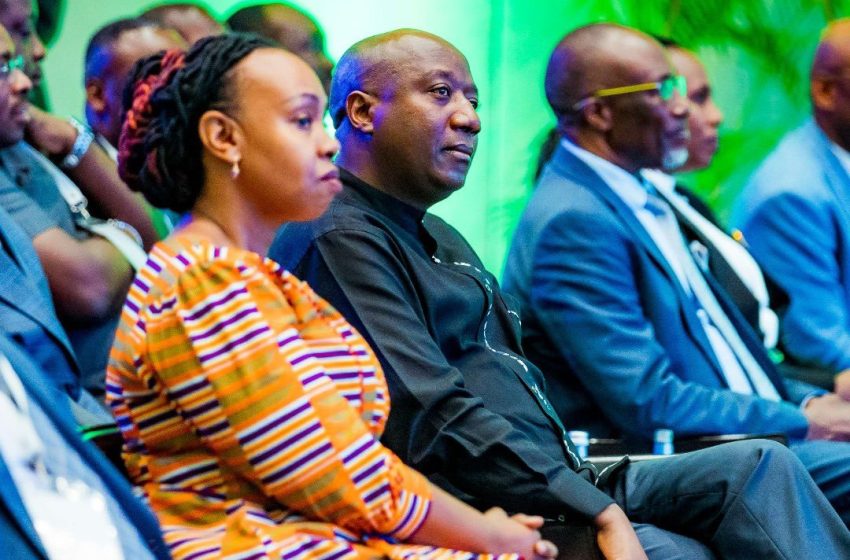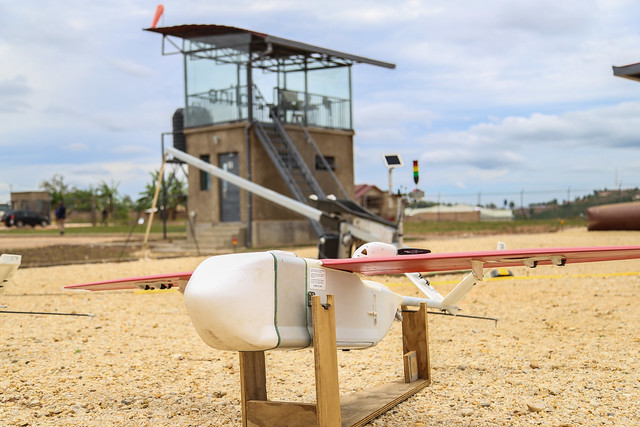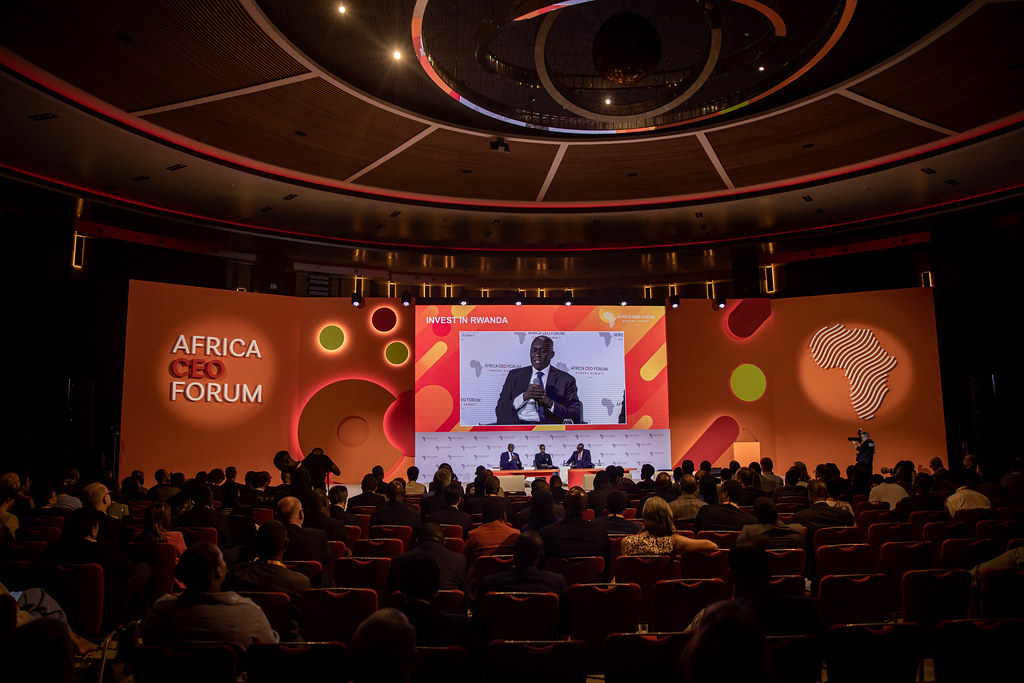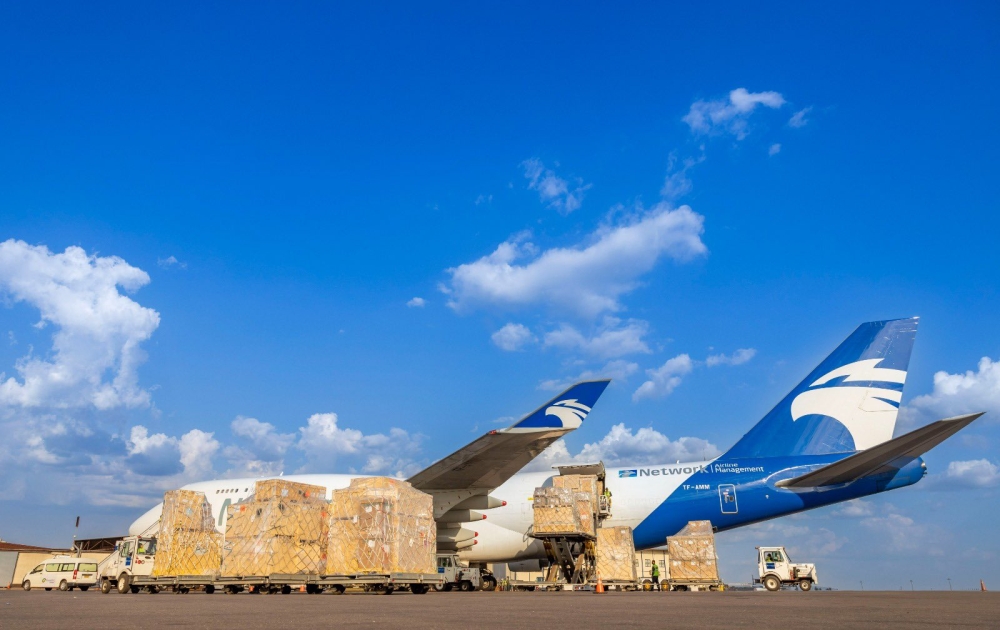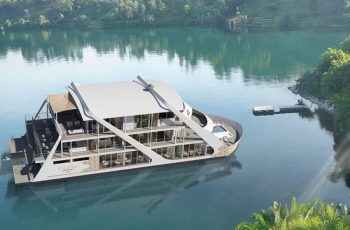JobConnect: Bridging Dreams and Opportunities Across the Country
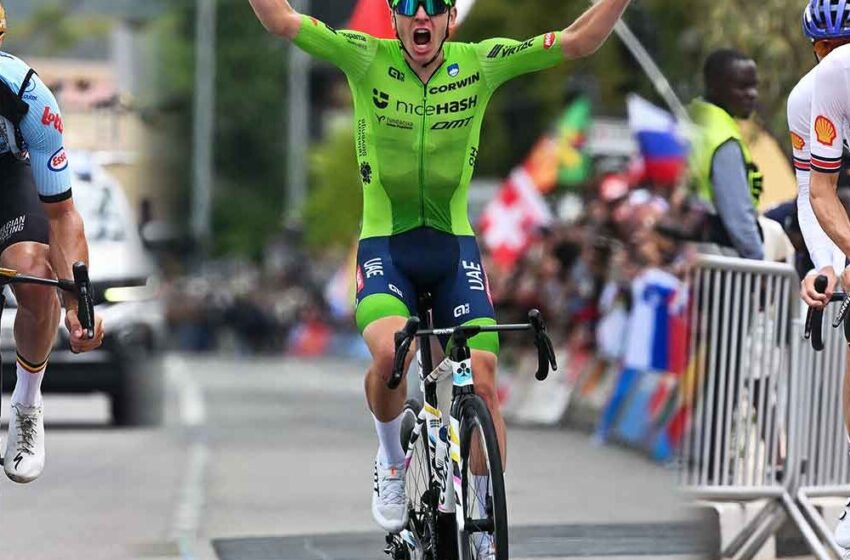
Kigali 2025: How the World Bicycle Championships Put Rwanda’s Tourism and Hospitality on the Map.
When Tadej Pogačar crossed the finish line in Kigali to win the men’s elite road race, it was more than a sporting victory. It was a moment that put Rwanda and African cycling in the global spotlight. The 2025 UCI Road World Championships brought elite athletes, tens of thousands of visiting fans, and millions of TV viewers to the hills and hotels of Kigali, and the positive shockwaves for tourism and hospitality are already clear.
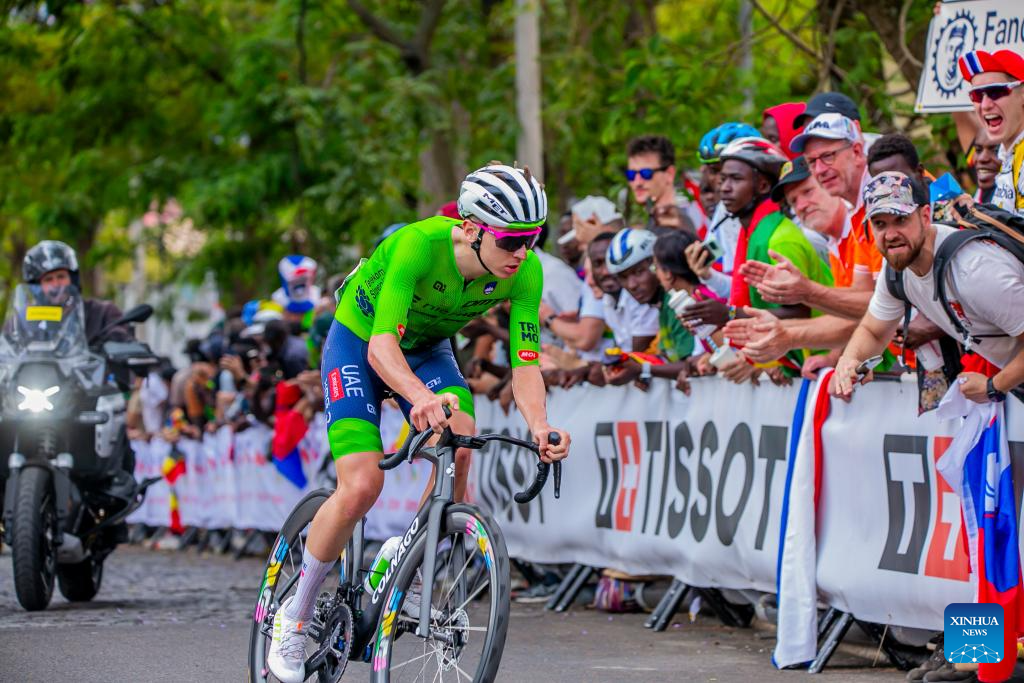
From the first lap to the last climb up Mont Kigali, the streets were full of flags, music and energy. Pogačar, who attacked hard on the climbs and rode alone for long stretches, later described the week as “an incredible experience” and said he had doubted himself during the race but pushed through to victory. His performance, seen around the world, turned Kigali’s steep streets into a showcase for Rwanda’s scenery and hospitality.
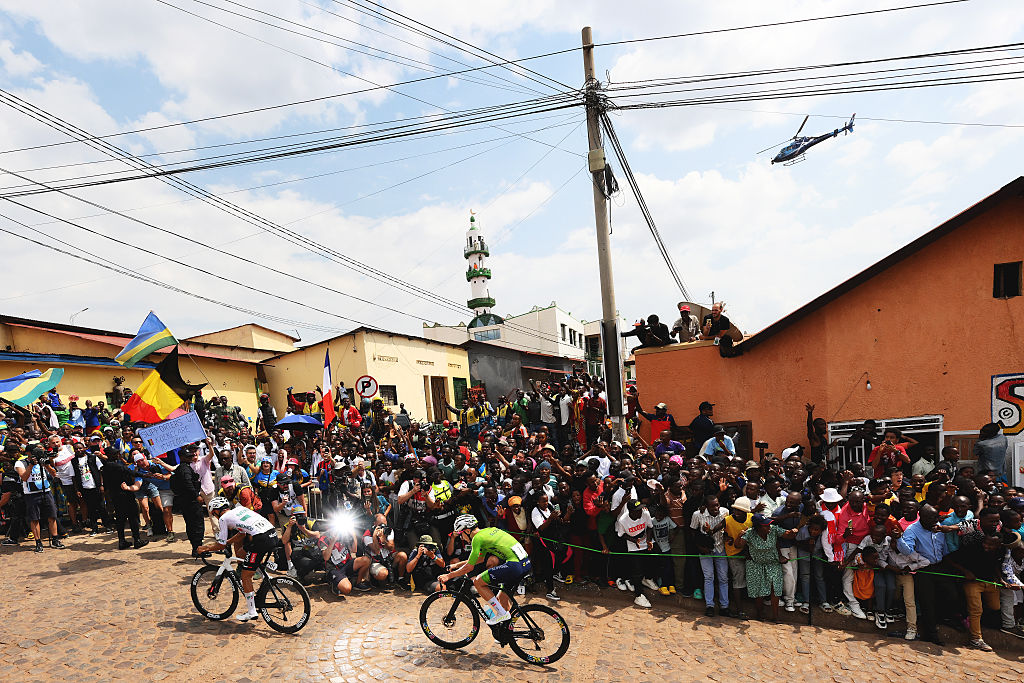
Hosting the World Championships in Kigali was a strategic win for Rwanda. The country and the UCI marketed the event as a chance to “ride new heights” and to show the world Rwanda’s safety, organization and welcoming hotels and guides. Visit Rwanda and the official Kigali organisers worked for months to prepare hotels, transport and visitor services so international teams and fans would enjoy smooth stays. The event also tied into Rwanda’s broader tourism strategy, which aims to grow arrivals and spend across the country.
Independent forecasts and industry reports had already predicted growth for Rwanda’s travel sector in 2025. The World Travel & Tourism Council and local analysts expected a notable increase in revenue and jobs for the sector this year, figures that the world championships are likely to accelerate through visitor spending on hotels, restaurants, transport and tours. Local hoteliers told journalists that occupancy rose sharply during race week and many reported full bookings weeks in advance.
Big hotel brands and small guesthouses alike reaped benefits. Luxury properties hosted teams and VIPs; mid-range hotels welcomed fans and media; homestays and eco-lodges sold out to visitors keen to use the race as a base for safaris, gorilla treks and cultural tours across the country. Tourism operators reported a jump in package bookings, with many international visitors extending their stays to explore the national parks and Lake Kivu. These spending patterns help spread income beyond Kigali into rural districts and the wider hospitality supply chain.
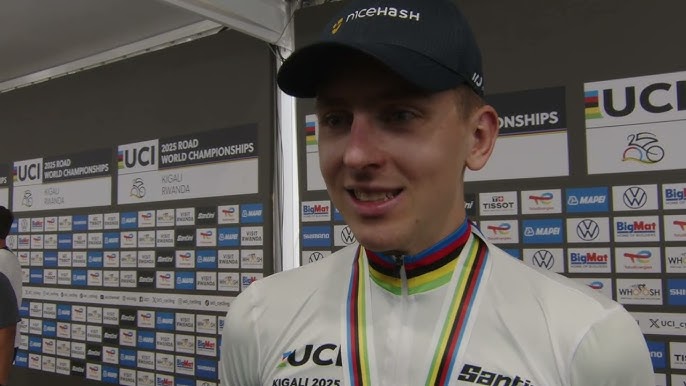
Athletes and team staff often comment on the places they visit; here their words mattered. Pogačar said the week in Rwanda “was an incredible experience” and called the race a successful week, praise that will echo in cycling clubs and social feeds worldwide. Ireland’s Ben Healy, who took bronze, said his strong summer form helped him on the brutal course and spoke warmly of the race week’s atmosphere. Those simple, positive comments from top riders turn social attention into tourism interest.
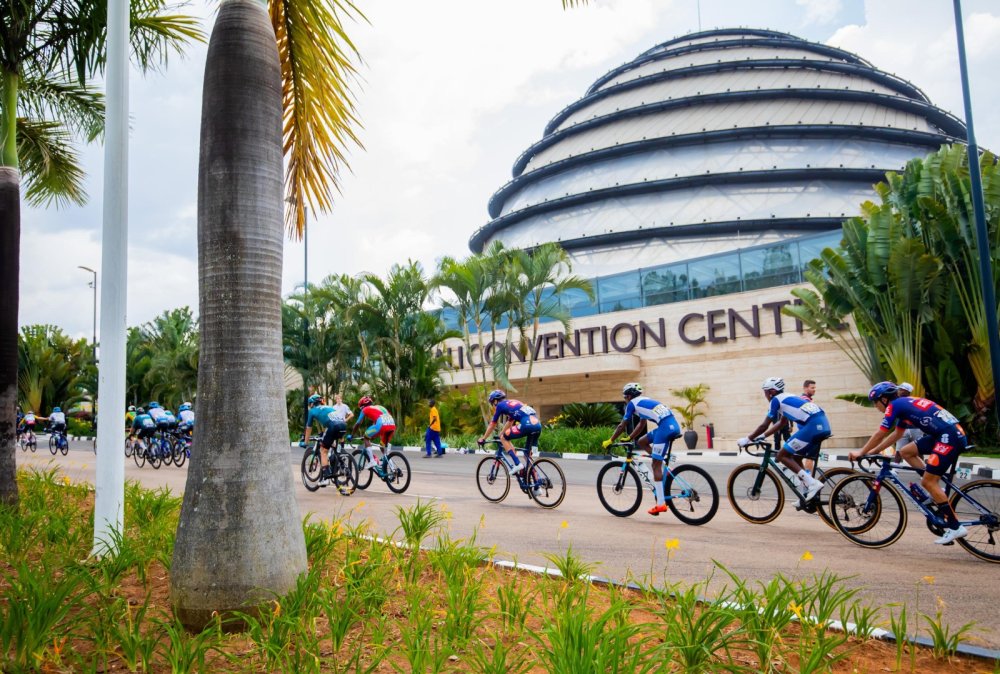
Beyond immediate bookings and TV viewers, the championships leave practical legacies. Rwanda’s investment in roads, event infrastructure, and cycling centres gives local riders better training grounds. The international exposure also helps Rwanda diversify its tourism offer: sports tourism, business events and cultural travel now stand stronger in brochures and airline route maps. Organisers say the event was a proof point that Kigali can host large global events a message likely to attract future conferences and sports fixtures.
No event is without challenge. Planners needed to manage heavy traffic, temporary lodging shortages and the demands of a complex international calendar. Some commentators also warned that while sports events bring short-term gains, governments should balance investment with long-term social needs. For the hospitality sector, the priority now is to convert one-off visitors into repeat tourists by improving experiences and promoting Rwanda’s natural and cultural attractions beyond the race week.
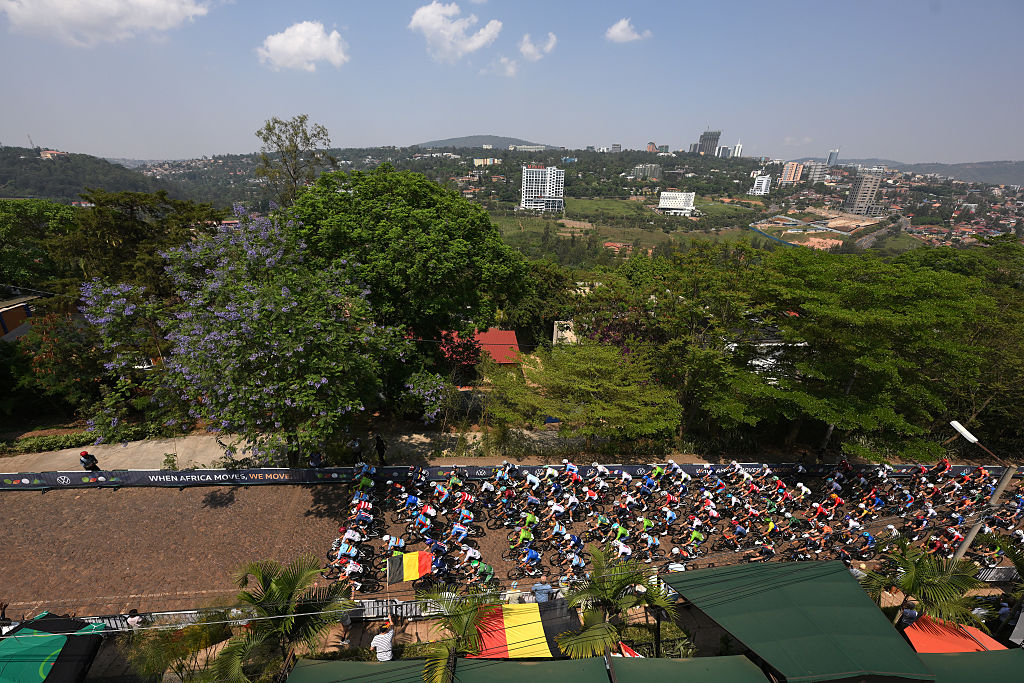
Kigali’s week of racing proved that Rwanda can host world-class sport while delivering a warm welcome that translates into tourist interest. The rainbow jersey on Pogačar’s shoulders may belong to cycling history, but the trophy the country won is a softer prize: global attention, new visitors, and a stronger case for Rwanda as a top African destination for sport and hospitality. If local businesses and tourism planners play their cards well, the ripple effects from this week will be felt for years.



